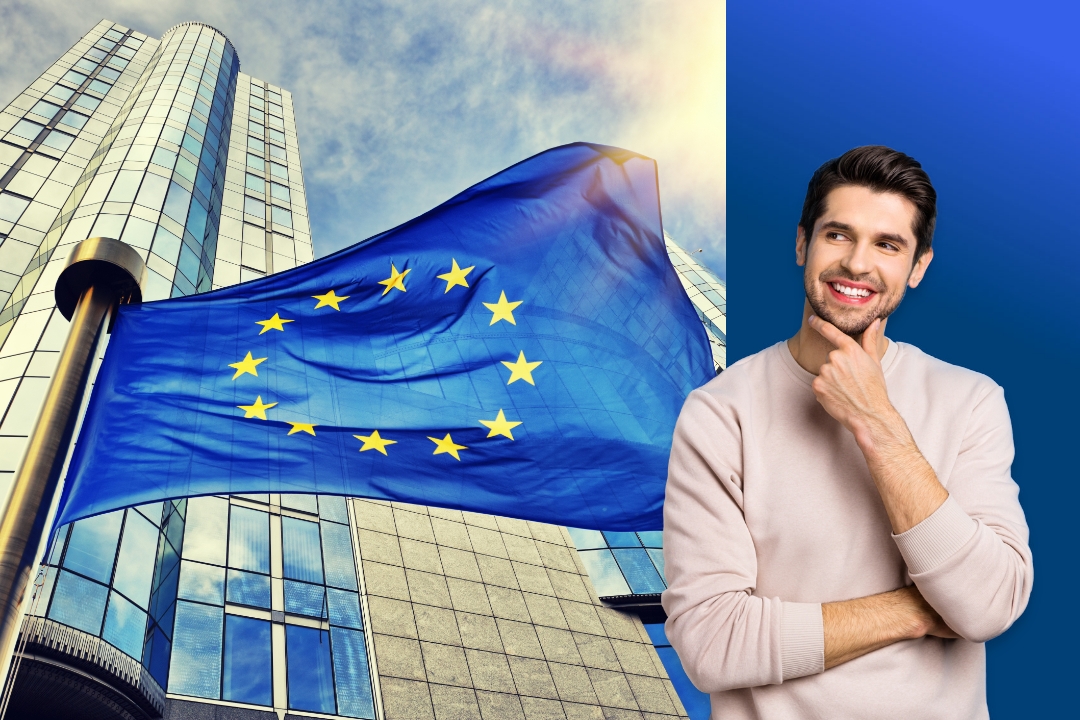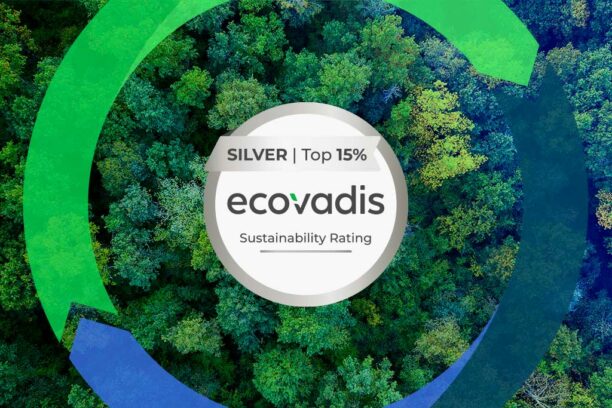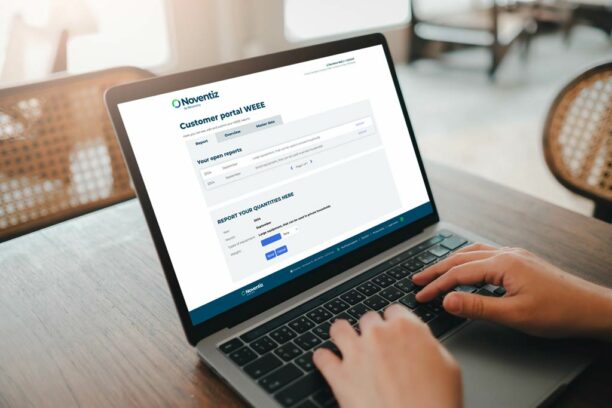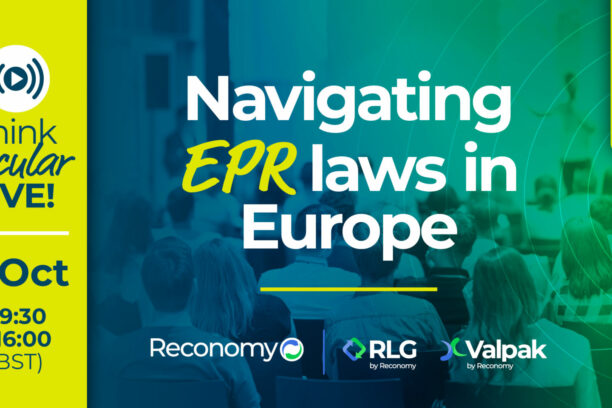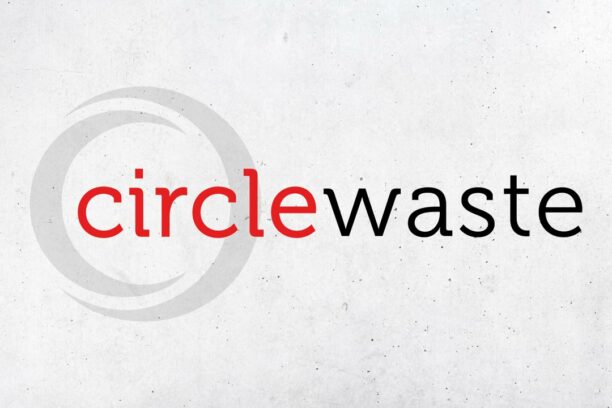Overview and summary of the PPWR Regulation
What is the PPWR?
The abbreviation PPWR stands for “Packaging and Packaging Waste Regulation”. It is a European regulation that was adopted by a large majority in the EU Parliament at the end of April 2024, just a few weeks before the European elections.
The PPWR aims to reduce the environmental impact of packaging within the European Union. To this end, material consumption and packaging waste are to be reduced and recycling loops promoted. The regulation therefore contains requirements relating to packaging, such as its recyclability, composition and corresponding labelling.
Special features of a European regulation
In contrast to European directives, European regulations are characterised by a special feature: They become directly applicable law. Regulations do not have to be implemented by national legislators or adapted to national particularities. However, many regulations in the PPWR only lay down principles. These will only be filled with concrete content and requirements by further European acts that have yet to be adopted.
Who does the PPWR apply to?
The PPWR Regulation covers all types of packaging and packaging waste. In future, it will apply to all companies based in the EU and to companies that import packaging into the EU.
How and when does the regulation come into force?
The current status (December 2024)
On December 16, 2024, the new Packaging and Packaging Waste Regulation (PPWR) was finally adopted during the European Council meeting. The regulation will take effect 20 days after its publication in the Official Journal of the EU. From that moment, an 18-month transition period will begin until the PPWR regulations become binding. Therefore, the PPWR regulations must be complied with in all EU member states by mid-2026. However, not every PPWR regulation must be met immediately; some provisions will gradually come into force until 2040:
Important milestones include:
2030
- The recyclability of packaging is only permitted in grades A, B & C.
- The minimum quota for recycled plastic content in packaging and reuse targets apply as well as requirements for minimizing empty space and certain types of packaging.
2040
- Packaging must contain increased minimum recycled content.
- Target to reduce packaging waste by 15%.
We recommend to start the preparation for compliance with the new PPWR laws early and are happy to support you along the way.
With the PPWR, Europe is taking an important step towards a more sustainable packaging economy and is making a significant contribution to a functioning circular economy.
What are the consequences of non-compliance?
Packaging that does not comply with the requirements of the PPWR may no longer be placed on the market within the EU in future. Infringements may result in fines and loss of sales as well as possible damage to the company’s image. A precise catalogue of fines and detailed regulations are still being formulated.
What regulations does the PPWR contain?
Below we provide an overview of the key new requirements under the PPWR:
Restrictions on substances of concern in packaging (Art. 5)
This includes, for example, the topic of so-called “perpetuity chemicals” (PFAS) and their limitation in food packaging.
Recyclability of packaging (Art. 6)
The PPWR stipulates that all packaging placed on the market must be recyclable from 2030. Minimum requirements (so-called performance levels for recyclability) are defined for this purpose.
Minimum recyclate content in plastic packaging (Art. 7)
From 2030, the PPWR requires a minimum proportion of recyclate for plastic packaging, which will increase again in 2040.
Minimisation of packaging (Art. 10)
From 2030, only packaging that has been reduced to the required minimum may be placed on the market (ban on double walls, false bottoms, unnecessary layers, so-called “cheat packaging”, etc.).
Labelling obligation (Art. 12)
The PPWR introduces mandatory, standardised labelling of packaging as well as various information obligations. The specific details will be determined in further implementing acts. However, a transitional period for the sale of unlabelled packaging is planned in any case.
Empty packaging regulations (Art. 24)
From 2030, the empty space of certain transport, shipping and secondary packaging may not exceed 50% of the volume, whereby empty space is defined as the space of the packaging that is filled with filling material (bubble wrap, paper, foam, etc.).
Restriction of certain packaging formats (Art. 25)
The PPWR contains a ban on the packaging formats listed in Annex V. These include, for example, disposable containers in the catering and accommodation sector (HORECA), e.g: Bottles for shampoo, body lotion, etc. and in the food sector e.g. for fruit, vegetables, sauces.
Declaration of conformity (Art. 39)
An obligation is introduced for retailers to submit a self-declaration (declaration of conformity) to fulfil the packaging regulations. This is intended to ensure that only packaging that fulfils the requirements of the PPWR is placed on the market.
Reduction of packaging waste (Art. 43)
Each member state is required to reduce the amount of packaging waste generated per capita. The reduction is to be 5 % by 2030, 10 % by 2035 and 15 % by 2040.
Authorisation
The PPWR introduces an obligation to appoint an authorised representative in each member state in which the company is not based but sells goods there. This authorised representative serves as a representative and local contact for the authorities in relation to the obligations arising from the PPWR.
Reusable packaging
In addition, measures are prescribed to promote the use of reusable packaging. These include incentives for manufacturers and retailers to set up and use reusable systems. From 2030, for example, 40% of transport packaging should be reusable.
PPWR implementation: We are here for you!
Many companies are unsure about what legal requirements they will face in future with the introduction of the PPWR and how they can implement them. We are happy to support you at an early stage with our relevant services and keep you up to date:
rotate
With our recognised rotate test method, you already have the opportunity to make your packaging optimally recyclable in accordance with the PPWR. Address the issue at an early stage and utilise the time advantage over your competitors.
EU-Service
Our EU service keeps you up to date and provides you with relevant, summarised information on legislative changes within the EU. We analyse your legal obligations in other European countries and support you in implementing them, for example by arranging authorised representatives.
LinkedIn
We regularly provide information on legal updates and other relevant service topics via our LinkedIn channel. Follow us on LinkedIn now and never miss any more news.
Stay on top of legal updates
Discover our EU-service and stay up to date when it comes to packaging regulations.
Stay up to date with Noventiz
At Noventiz, we support companies throughout Germany and Europe in all matters relating to environmental compliance. Do you have any questions about our EPR services?
